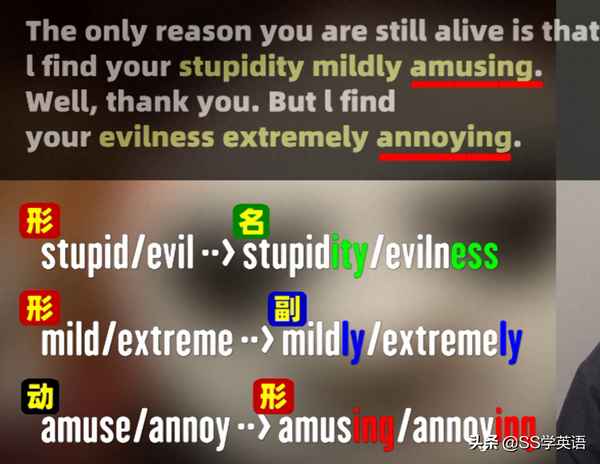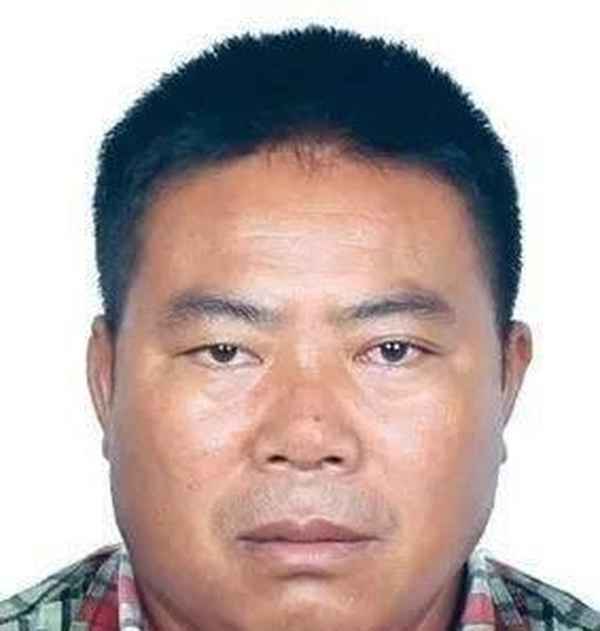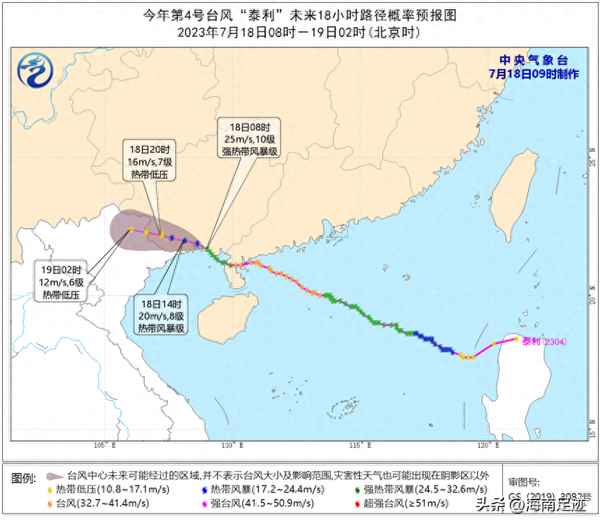功夫熊貓英文金句—功夫熊貓中經(jīng)典的英文句子
為了方便大家復(fù)習(xí),“好臺詞”系列每10句臺詞總結(jié)一個合集,把臺詞內(nèi)容、知識點注釋講解的內(nèi)容,以及臺詞原聲音頻一網(wǎng)打盡。這是第二集(11-20期臺詞內(nèi)容)。
臺詞合并音頻:
If you only do what you can do, you will never be more than you are now.
如果只做會做的事 那你永遠(yuǎn)也不會進步
重點:
說“進步/長進”不能只會用“單詞”(progress/advance/improve...)。
老外的口語之所以聽著簡單又地道,是因為他們往往不用這些單詞而是用這種小從句。
Sometimes it's more noble to tell a small lie than deliver a painful truth.
有時候撒個小謊比直陳真相更高尚。
- noble:高尚的;高貴的
- deliver:傳遞
- painful:令人感到痛苦的
重點:
than后面為什么是deliver,不是delivering也不是to deliver?
因為to被省略了。你要不喜歡省略也可以不省略。不過現(xiàn)實中大部分人還是選擇省略后面的to————前面有to do,后面的to do就省略to:
To find something, anything, a great truth or a lost pair of glasses, you must first believe there will be some advantage in finding it.
要想找到某件東西,任何東西,不管是偉大的真理還是一副遺失的眼鏡,你得首先相信,找到它必有益處。
There are two kinds of evil people.
惡人分兩種
People who do evil stuff,
一種是作惡的人
and people who see evil stuff being done and don't try to stop it.
另一種是目睹作惡而袖手旁觀的人
補充:
see something being done也是個實用的表達(dá)。being去掉句子也成立,但就少了“實時目睹”的含義,可能是惡已經(jīng)做完了你才看見結(jié)果。
What doesn't kill you makes you stronger.
That which does not kill us makes us stronger.
那些殺不死你的,終將使你更強大。 出自尼采
Humanity has always feared that which is different.
人類一直以來都懼怕跟自己不同的東西
In order to take the stone, you must lose that which you love.
為了獲取寶石 你必須失去你愛的東西
重點:
that which,就等于what。以后你寫作文、做PPT或者發(fā)言,想要增加一點莊嚴(yán)肅穆的氣氛,或者文雅浪漫的色彩,就可以把引導(dǎo)從句的what換成that which,
Why do you ask questions to which you already know the answers?
Why are you only asking me questions you already know the answers to?
重點:
“questions to answers”是一套的,所以句子不能少了to,因為兩邊的q和a都在呢。
另外總有人聲稱“介詞放結(jié)尾”是“錯的”,這個武斷了。日常生活中難免會有需要介詞出現(xiàn)在句尾的情況。可能的確不夠符合傳統(tǒng)的嚴(yán)格“語法”,但大家都會這樣說。
比如問“你剛在跟誰講話?”——“Who were you talking to?”,你很難碰見一個人偏要說“To whom were you talking?”那聽著也太裝b了。
陳述句也一樣:
“You're the one I'm talking to.”我是在跟你說話呢。
“正確”的版本:
“You're the one to whom I'm talking.”
這得穿一身宮廷禮服才說得出口吧。
The only reason you are still alive is that l find your stupidity mildly amusing.
Well, thank you. But l find your evilness extremely annoying.
我還沒殺你的唯一原因,是我發(fā)現(xiàn)你的愚蠢還挺好玩。多謝夸獎,但我發(fā)現(xiàn)你的邪惡非常的煩人!
重點:
這是兩句機具背誦價值的臺詞,因為它可以幫我們養(yǎng)成切換詞性/詞形的意識——該放名詞的地方放名詞;該放副詞的地方放副詞;該放形容詞的地方放形容詞。

All women become like their mothers. That is their tragedy.
No man does. That's his.
譯文:
女人最終都會活成自己母親的樣子——這是她們的悲劇;男人則沒有一個如此(變成母親的樣子)——這也是男人的悲劇。
正能量解讀:
女人應(yīng)當(dāng)努力超越自己的母親;男人則應(yīng)從母親那里學(xué)到一些有益的東西來令自己更優(yōu)秀(而不是只成為父親的拷貝)。
網(wǎng)友神翻譯:
@菜籽兒:有其母必有其女,悲呼!兒不類其母,亦悲呼!
What do you think's gonna happen to us?
Mankind survived the last Ice Age. We're certainly capable of surviving this one. All depends on whether or not we're able to learn from our mistakes.
人類在上一個冰河時期幸存下來,我們這次當(dāng)然也有能力挺過去。就看我們能不能從自己的錯誤中吸取教訓(xùn)了。
Men are gonna come along and wanna teach you things.
將來男人們會跑來,教你這個教你那個。
Doesn't make them any smarter.
并不代表他們比你聰明多少。
重點:
用make表達(dá)“代表/意味著”





